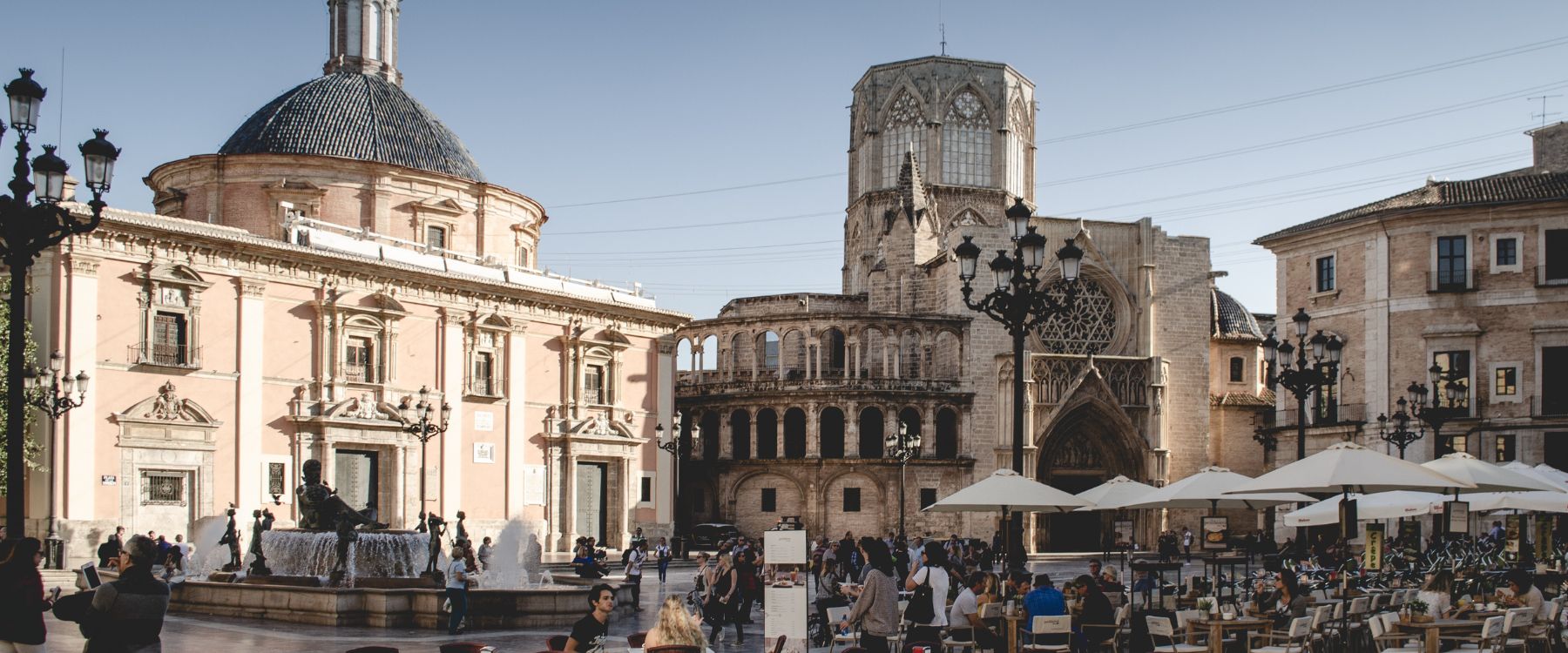- Sign up and buy your ticket!
Good news, the XI Advertising Film Production Workshop is coming! Our annual event returns to Valencia, as in its last edition, to bring together the industry. These will be held on 5 – 6 October under the slogan “Making the impossible possible”.
To celebrate the event, you can now get your tickets at a reduced price here. This offer is only available until 14 September during the pre-sale:
General admission pre-sale price: 120€ + booking fee.
General admission ticket price: 150€ + booking fee.
We would like to highlight that the ticket is free for members and students. On the other hand, the deadline for registration is Friday 29 September or until full capacity is reached.
In addition, for this new edition, we are fortunate to have our sponsors and collaborators, who are joining us to make the event possible. This week, K is for Knowledge, Aluzine and Bendita have joined our sponsors.
 And come and enjoy Valencia with the APCP!
And come and enjoy Valencia with the APCP!
- Do you know our location? Discover València: a city with history.

The “land of the brave”: a multicultural place, breathtaking landscapes and a great history. These are some of the characteristics of the city in which we are going to immerse ourselves over the next few weeks. Grab your suitcases… We’re going to València!
València is a city located on the south-east coast of Spain. Its river, the Turia, joins the Mediterranean Sea. It is also known for being the “City of Arts and Sciences” and has futuristic buildings and structures, although we will talk about that in a moment. Now let’s travel back in time. How did this city come into being?
Valencia was founded in 138 BC by the Romans. It was christened Valentia, “land of the brave”. According to the Roman historian Titus Livius, this city was a gift given to a group of soldiers for their courage. The city is located in the historic centre and the El Carmen neighbourhood, where there are many buried remains. Since its origins, Valencia has always been organised around the river. Nowadays, vegetation floods this area. So much so that it has become the green lung that runs through the whole city. However, it was not always so beautiful. Some time later (75 BC), the area was razed to the ground.
As we have already mentioned, Valencia is the “land of the brave”. Living up to its name, the city was revived and a period of splendour began (2nd century BC) with the creation of public buildings such as a large circus. The decline of the Roman Empire led to the acceptance of Christianity. The rule of the Visigoths was, years later, a time of transition. Continuing with this historical review, in the 8th century the Muslims arrived on the Iberian Peninsula, took possession of Valencia (714) and spread their knowledge of the area. The city was given the name of Balansiya.
As the years went by, Valencia underwent many changes (reigns, plagues, epidemics, transfer of power…). The history of this great city has been written in the history books.
Although there were difficult times, the inhabitants showed their strength and courage. In the time of Peter the Ceremonious, the city withstood a double assault. For this, the city was awarded the title of “twice loyal”. This is represented in one of the emblems of the city of Valencia: the coat of arms.
In the 15th century, the city began to make its presence felt abroad. It was undoubtedly a period of economic expansion. At this time, a key corporation for the dissemination of knowledge was born: the University of Valencia.
The city continued to grow, so space was needed to expand. Thus, its medieval walls were demolished in 1865.
The 20th century was marked by the Civil War. At that time, the city experienced a great cultural and social exaltation. In 1957, the Turia flooded the city, which changed the city. The Turia Garden, the great municipal urban park, was born from that old riverbed.

We are in the 21st century and València is characterised by a modern image that looks to the future. Its multiculturalism makes it an attractive city. To walk through the streets of Valencia is also to walk through the past and appreciate what remains of what the city was and still is: a place full of archaeological remains, artistic manifestations, striking buildings and varied customs. Remembering the past is vital for understanding what we see in the present. This is València, a city with history.
Article by Paloma Garrido.
Sources:
https://www.valencia-tourist-guide.com/es/general/valencia-espana-historia.html
https://www.visitvalencia.com/que-hacer-valencia/cultura-valenciana/historia



